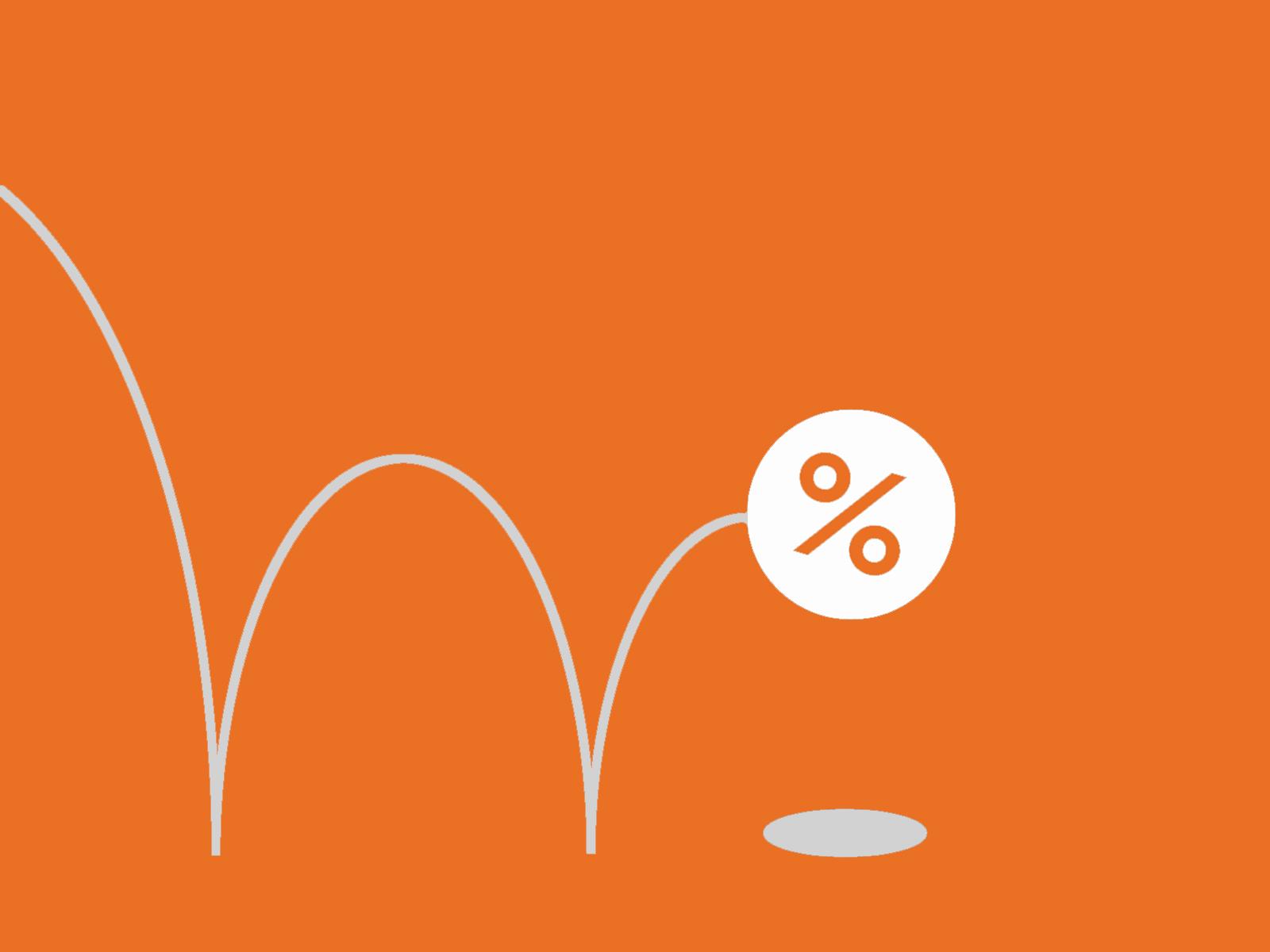How to qualify for a mortgage
If you're in the market for a home, it's important to understand the mortgage qualification process. Qualifying for a mortgage is based on four main factors: your gross annual income, down payment, assets and liabilities, and credit history.
Income
Lenders typically want to see steady income for at least two straight years. If you're buying a home jointly with your spouse, lenders consider your combined family gross annual income. If you're self-employed or paid by commission, you can still obtain a mortgage, but it will be tougher as lenders typically want to see three years of steady income.
Down payment
The size of your down payment also matters. All things considered equal, the larger your down payment, the easier it is to obtain a mortgage. That's because the more money you can put down, the less money you need to borrow to cover the home price. A bigger financial commitment from you means less risk to the lender.
Assets and liabilities
Lenders measure your ability to repay debt using two debt service ratios: the Gross Debt Service (GDS) Ratio and the Total Debt Service (TDS) Ratio. Both these ratios look at how much money you earn versus how much you need to spend to service debt. While the GDS ratio looks at how well your income services the mortgage payment and housing costs, the TDS looks at how well your income services all your debts, including car loans, student loans and credit card debt. When applying for a mortgage, the lower these ratios, the easier it is to qualify.
Credit history
The last factor is your credit history. A mortgage represents a lot of money, and lenders want to make sure you have a track record of repaying money you've borrowed. If you have a decent credit history — you repay your debts in full and on-time — you shouldn't have trouble getting approved for an appropriate amount (provided you have steady income and a decent down payment). However, if you have no credit or you constantly pay your bills late, that's when you can run into trouble. You could end up with a higher mortgage rate, or worse, you might not qualify for a mortgage at all. It's a good idea to get a free copy of your credit report before applying for a mortgage to ensure your credit history is up-to-date and accurate.
Rate hold vs. pre-approval
When you're ready to apply for a mortgage, you may have two choices: you can apply for a rate hold and/or a pre-approval. A rate hold is ideal if you're in the early stages of looking for a home. With a typical rate hold, the rate is held for you for a set amount of time, protecting you if rates go up for fixed rate mortgages and guaranteeing the spread for variable rate mortgages. While a rate hold locks in the rate, it doesn't tell you how much of a mortgage you're qualified for.
A mortgage pre-approval is similar to a rate hold, but takes it a step further. A pre-approval will help you determine what price range you should be looking at when shopping for a home (your down payment and pre-approved mortgage amount). With a mortgage pre-approval, you may need to complete an online application form and provide personal and financial information, including your name, address, gross annual income, assets and liabilities. Similar to a rate hold, a pre-approval holds a rate for you for a set period of time.
When qualifying for a mortgage, you'll need to pass the mortgage stress test. The qualifying rate for insured mortgages is the greater of the 5 year benchmark rate and the contract rate. The qualifying rate for uninsured mortgages is the greater of the 5 year benchmark rate and the contract rate plus 2%.

